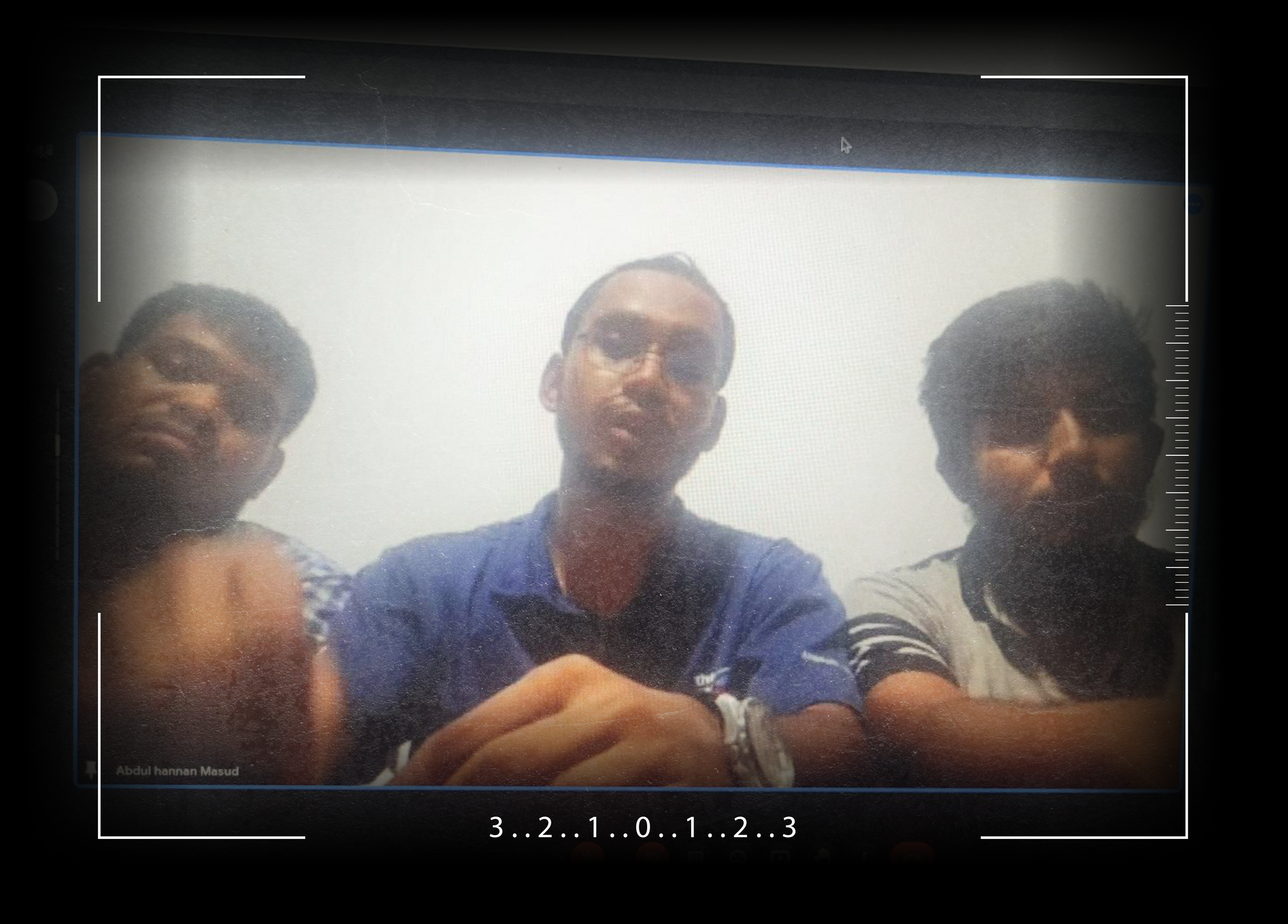Bangladesh student leaders call for UN action
From a secret hideout, three of Bangladesh’s student protest leaders have called on the international community to hold members of the country’s security forces accountable for what has been described as a massacre of students.

The United Nations and the international community should act to put an end to Bangladesh’s “ongoing massacre,” a leader of Bangladesh’s student protesters told journalists in a virtual press conference on 27th July.
“We urge the international community, influential countries, human rights groups, student bodies, and non-governmental organisations to take urgent steps to stop the brutal crackdown in Bangladesh,” said Abdul Hannan Masud, a coordinator of the Students Against Discrimination, joined by Mahin Sarker and Rifat Rashid.
Drawing parallels with the Pakistani military’s crackdown in what is now Bangladesh in 1971, they said members of the security forces and intelligence agencies are now hunting for student protesters in overnight raids, arresting students on mere suspicion, and detaining them in secret prisons.
“Members of these forces should be held accountable by the international community,” Hannan added.
Citing the use of vehicles and helicopters featuring the UN insignia during the civil unrest, the three leaders appealed to the international body to ensure accountability for the deaths.
Their group, Students Against Discrimination, has compiled a list of 266 people — among many more unidentified — who they said were killed during the protests. Bangladesh’s top newspaper, Prothom Alo, confirmed the death toll has surpassed 200.
The leaders said more than 70% of those deaths were ordinary students, according to their records.
They also threatened to resume their agitation from July 29th unless their demands — which include the release of imprisoned students, including top student leaders, the withdrawal of false charges, and visible punishments against government officials involved in the massacre, ranging from cabinet ministers to police constables — are met.
They also promised to set up a “health force” to document the killings and other casualties resulting from the government crackdown across towns and villages, and a separate “legal force” to provide legal assistance to those implicated in a barrage of government cases.
Local reports suggest that as many as 61,000 people, including many unnamed individuals, were implicated in criminal charges, while thousands have been arrested.
On July 28th, their planned programmes include writing and painting graffiti on public walls across the country in support of the students’ demands.
In recent days, several student leaders have been forced into hiding after other top leaders, including Nahid Islam, were picked up by police detectives from a hospital on the outskirts of Dhaka. The home minister, Asaduzzaman Kamal, claimed police took them into custody to “save them” from unspecified threats.
Before they were formally detained, Nahid and at least one other student leader reappeared after what they described as an enforced disappearance by state agencies. They showed signs of physical torture they had suffered during their detention to the press.
Bangladeshi students on university campuses began a protest in mid-July against a quota system in public jobs that favours descendants of the country’s registered freedom fighters, a small fraction of the population and a strong supporting block of the ruling Awami League.
Their protest soon transformed into civil unrest as security forces and Awami League members carried out deadly pogroms and a widespread crackdown, leading to hundreds of deaths and tens of thousands of injuries.●